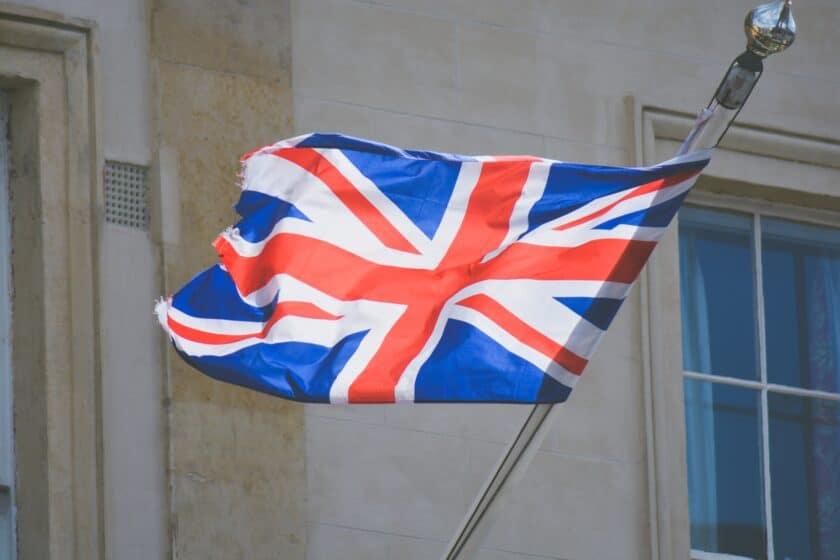The Office for National Statistics has reported that for July 2023, monthly real gross domestic product (GDP) is estimated to have fallen by 0.5%, following growth of 0.5% in June 2023. However, GDP increased by 0.2% in the three months to July 2023. Marcus Brookes, chief investment officer at Quilter Investors, looks at the implications of this data.
The drop of 0.5% in GDP in July shows that the economy is buckling under the strain of repeated interest rate increases.
Unfortunately the news shows just how complex and challenging the country’s economic landscape still is. The Bank of England’s governor, Andrew Bailey, weighed in recently signifying that interest rates are nearing their peak, especially after a 14th consecutive hike that saw them rise to 5.25% last month. Although this offers some respite to homeowners and the housing market, which has been grappling with high mortgage rates, the broader economy still remains under serious pressure illustrated by today’s lacklustre GDP figure.
One positive that has emerged in recent weeks are revelations from the Office for National Statistics that the UK’s economic recovery post-pandemic seems to have been stronger than initially reported. Notably, 2021’s GDP growth saw an upward revision, revealing an 8.7% increase. This data suggests that by the time the Omicron variant emerged, the UK’s economy was already 0.6% above its pre-Covid mark, contrary to the previously believed 1.2% deficit.
The Bank of England is now at a crucial juncture. With indications that interest rates are reaching their peak and inflation expected to decrease by the year-end, the direction they take could influence the nation’s economic trajectory. But as Bailey pointed out, decisions are now more nuanced. The Bank is no longer in a clear space where interest rate hikes are unequivocally necessary.
On a global scale, the pound’s recent slump against the US dollar, dropping to around $1.24, underscores the prevailing uncertainty in the financial markets. This sentiment is further echoed by comments from both the governor and Chancellor Jeremy Hunt, suggesting that while inflation may experience a temporary blip, it will likely be halved by the end of 2023. Whether this means that the Bank can significantly reduce rates is yet to be seen and this will have a tangible impact on economic recovery.
As the UK stands at this economic crossroad, two things are clear. Firstly, today’s data will be critical in challenging the country’s economic perceptions and will play a big role in the Bank of England’s future decisions. Secondly, with the election campaigning period looming, the state of the economy will undeniably take centre stage. The UK’s unique set of economic circumstances, coupled with global pressures, means that it remains on a precarious edge, with some even sounding the alarm bells for a potential recession in 2024.































